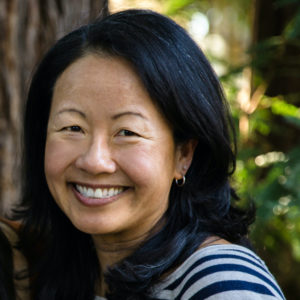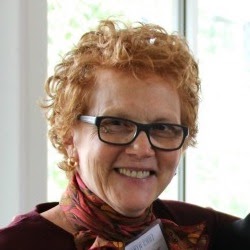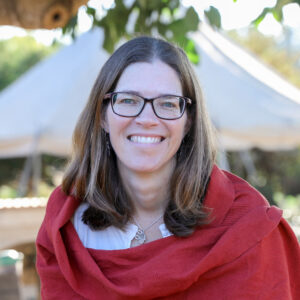Community Gardens
Community gardens are communal spaces where gardeners cultivate flowers, fruits, medicinal plants, and vegetables. They vary in size, location and types of community tenure. The central motivation of many gardeners is often food production, but community gardens contribute to other diverse goals including therapy, youth education, food security, marketing produce, and building ties to history, community, and even biodiversity conservation.
In food sovereignty movements, gardeners also focus on producing food while reclaiming or reimagining community knowledge. In addition to engaging with collective and indigenous knowledge, this work can also involve addressing power dynamics within and through the garden space by engaging in anti-oppressive practices. While these practices may be particular to different contexts, they may focus on dismantling racism and white supremacy; addressing historical legacies of displacement and land loss; and centering the knowledge of BIPOC and other historically-oppressed communities
UCSC faculty and students in the (H)ACER Program and the Education Department are doing research in a predominantly immigrant-led one-acre community garden in Watsonville, exploring how the efforts to reduce food insecurity and build community can be mutually reinforcing and supportive of health and wellbeing. In the process, they are also examining the potential of garden spaces to support learning in STEM at the same time as centering intergenerational and intercultural knowledge production.
Faculty and students in the Environmental Studies Department are studying how the social context, management, and landscape surroundings of gardens may influence biodiversity, biological pest control, pollination of crop plants, water use and conservation, and gardener well-being in gardens in the California central coast.
At the UCSC Farm, two non-profit organizations, Life Lab and Food What?!, use gardens for youth education and empowerment. Life Lab cultivates children’s love of learning, healthy food, and nature through garden-based education on campus and at the Blooming Classroom garden in Watsonville. Food What?! is a youth empowerment and food justice organization engaging youth in relationships with land, food, and each other in ways that are grounded in love and rooted in justice. They provide space where youth define and cultivate their empowerment, liberations, and well-being in and through gardens.
Faculty





